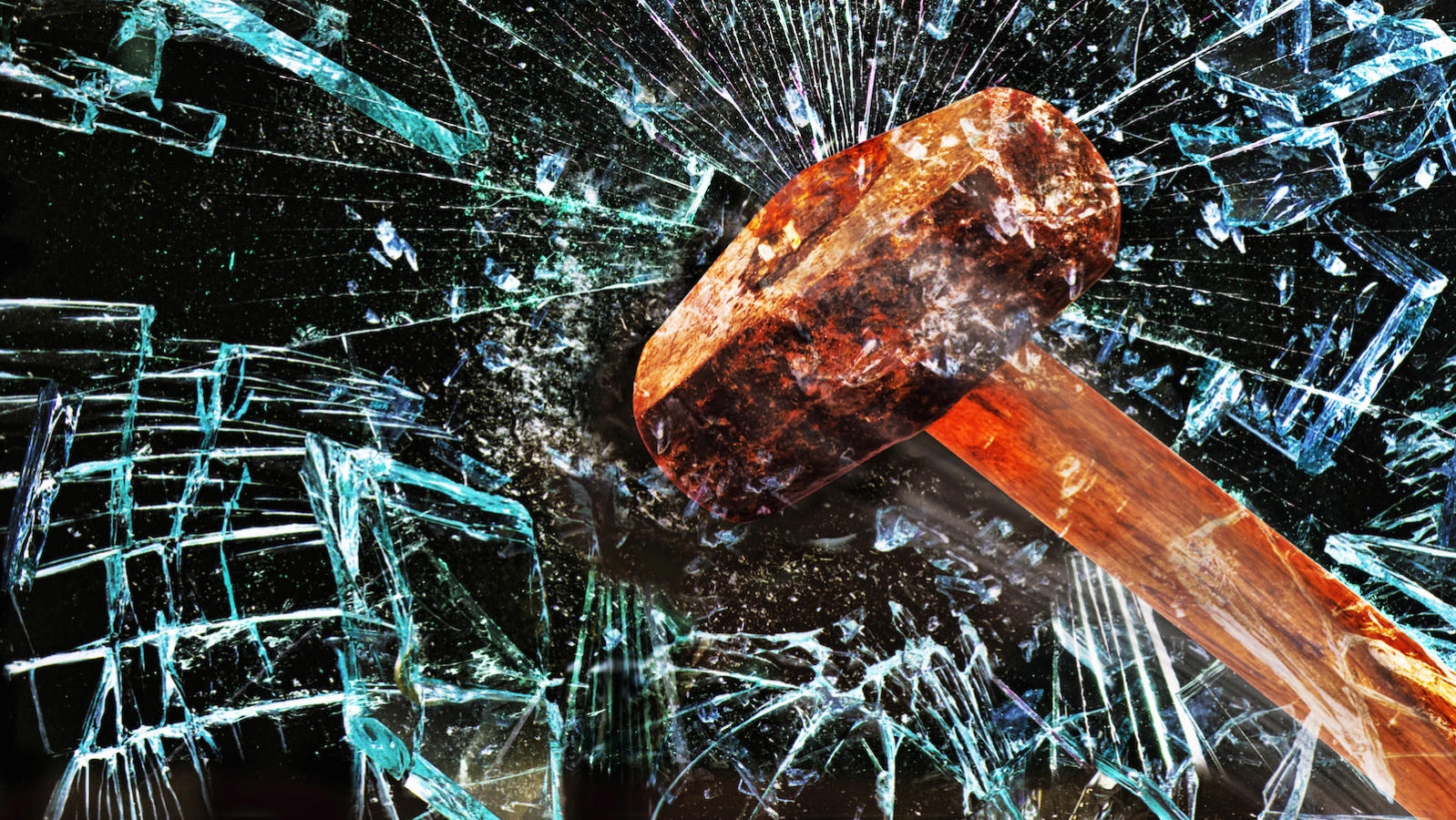Commentary on Parashat Lech-Lecha, Genesis 12:1-17:27
The midrash (rabbinic narrative elaboration) about Abraham smashing idols is so pervasive and well known that many Jews assume that it comes from Torah. As a story, it cuts to the core of a distinct ethical obligation Jews of all stripes feel when they act from the very center of their Jewish being to change the world. Whether our actions motivate us to work for labor and the downtrodden or peace in Israel, we activate a certain “Abraham” within to destroy the idols of prior perspectives and belief systems, and replace them with a new perspective that sheds light upon and brings us nearer to God’s vision for all humankind.
In Abraham’s own day, the rabbis tell us, the insights he was able to achieve were a testimony to his greatness of mind and soul. He had a way of seeing the world that earned not only God’s attention but eternal devotion and respect. One legend, attributed to Rabbi Isaac, an early Jewish sage, tells the tale of a traveling man who one day sees a palace burning. He shouts, “Is the mansion without someone to look after it?!” Like the wandering man, Abraham noticed the world in a terrible condition and spoke up, only to elicit a response from God, relieved that a human partner was willing to help counter the evil of the world with the impulse to save and do good.
In each generation a new Abraham arises and makes his or her case for a new perspective on events that shatters our previously held view. The advances are discernible in politics and science; in literature and philosophy; in music, the arts, and religion.
The greatest challenge of the teachings attributed to our sages focuses not only on the propensity to smash idols in the arts or politics or music; but what do we do with the desire when it comes to changes in religious observance, especially those motivated by justice concerns? What do we do when the impulse of Abraham arises in us in the context of Jewish learning and Jewish observance? When is the impulse, like Abraham’s, instructive; and when is it destructive?
With your help, My Jewish Learning can provide endless opportunities for learning, connection and discovery.
Most radical changes in mainstream Jewish life have been wrought in the last two centuries. Their result has been most recently catalogued and dramatized by the accomplished journalist Samuel G. Freedman in his book, Jew vs. Jew. Beyond the title, which hints that some of the changes have created contentious splits in the Jewish body politic, Freedman argues that as various ideological models for Jewish life and expression have lost steam, the religious model of Jewish life has prevailed. While Jews have attempted a variety of modes of expression-from Zionist nationalist, to secular humanist, to labor Bundist or plain old materialist assimilationist–at the end of the day, we encounter an ever-growing need to reconnect to our Jewish religious selves, spiritualized and closer to God.
Look at the changes in recent years: equal rights and status of women in three of the four major movements; the ordination of women as rabbis; outreach to the unaffiliated and “stranger” living among us; ordination of gays and lesbians in two of the four movements; and an increased focus on Hebrew, sacred texts, and Jewish ritual among committed liberal Jews. Our wanderings from place to place have brought us back to Judaism; but not without making meaningful changes in our religious life, as Abraham himself did more than a few thousand years ago.
In his last book of poetry published before his death, the Israeli poet Yehuda Amichai wrote:
We are all children of Abraham But also the grandchildren of Terah, Abraham’s father And maybe it’s high time the grandchildren Did unto their father as he did unto his When he shattered his idols and images, his religion, his faith. That too would be the beginning of a new religion. (From Open Closed Open, New York: Harcourt, 2000)
A new generation has smashed the idols of assimilation and acculturation and declared that being Jewish is as essential to their condition as being American. The question for us remains, as Amichai proposed in his inimitably playful way: which idols will fall? And as we pursue justice concerns within Judaism, what new light will be shed on our ancient, sacred tradition?
Reprinted with permission from SocialAction.com.
Yehuda
Pronounced: yuh-HOO-dah or yuh-hoo-DAH (oo as in boot), Origin: Hebrew, Judah, one of Joseph's brothers in the Torah.



